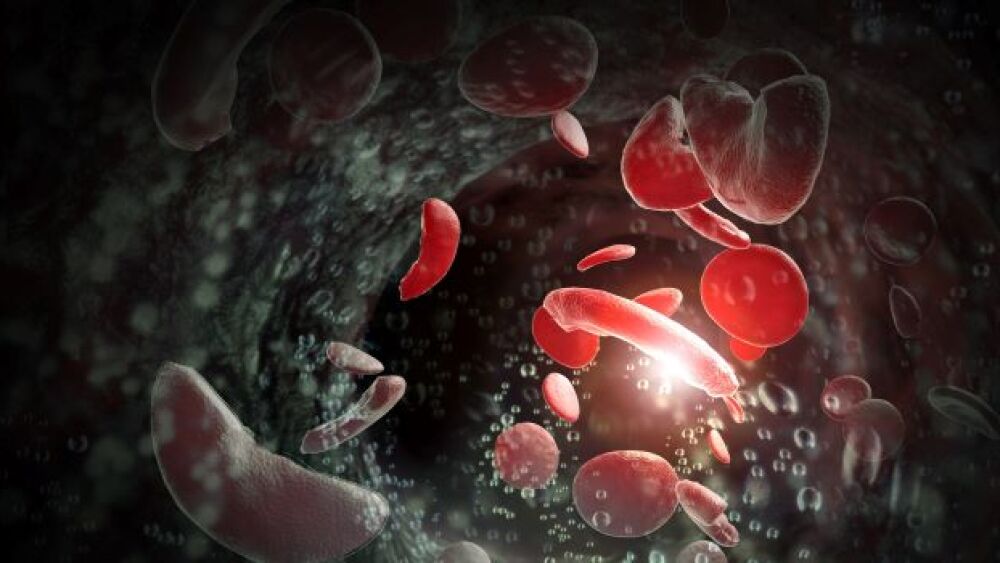GPH101 is an investigational next-generation gene-edited autologous hematopoietic stem cell (HSC) therapy.
San Francisco-based Graphite Bio announced that it has received Fast Track Designation from the U.S. Food and Drug Administration for its investigational therapy GPH101, which is designed to genetically treat sickle cell disease (SCD).
Sickle cell disease has a high unmet need, and since several other companies have recently hit roadblocks with their candidates, the Fast Track Designation is a huge win for both Graphite Bio and patients.
GPH101 is an investigational next-generation gene-edited autologous hematopoietic stem cell (HSC) therapy. Graphite Bio, which specializes in precision gene editing, developed GHP101 to treat sickle cell disease with a two-pronged approach. GHP101 attempts to genetically correct a mutation in the beta-globin gene in order to both decrease production of sickle hemoglobin and restore adult hemoglobin expression. By resolving these two issues, GHP101 could potentially cure the disease.
The treatment received FDA investigational new drug (IND) clearance in December 2020. It also received Orphan Drug Designation. Since then, Graphite Bio has been evaluating the efficacy of GHP101 in clinical trials. Its CEDAR study, a Phase I/II clinical trial, began enrolling patients in November 2021. The endpoints of the study are hemoglobin measurements, gene correction rates, engraftment success and overall safety. Data from the study was presented at the American Society of Hematology (ASH) Annual Meeting & Exposition in December 2021.
Now, with Fast Track Designation, the treatment has hit another milestone.
“This designation has the potential to accelerate the development of GPH101, which we are advancing with the goal of precisely and efficiently correcting the genetic mutation that is the underlying cause of sickle cell disease,” said Josh Lehrer, M.D., CEO of Graphite Bio.
Sickle cell disease is an interesting target for genetic editing companies because it’s the most common monogenic disease (a disease caused by a single genetic mutation). SCD is caused by a single mutation in the beta-globin gene, which causes misshapen red blood cells. This provides a clear target for gene editing companies to test just how effective their treatments are.
The disease affects more than 100 million people worldwide and 100,000 people in the United States alone. The anemia treatment market is expected to surpass $10 billion in 2022, an incentive for companies to invest in the overarching area. Other companies working on sickle cell treatments have had mixed fortunes.
Imara, a Boston-based pharma company, was testing its drug, tovinontrine, in SCD and beta-thalassemia. However, Imara hit a financial rough patch and canceled its tovinontrine programs, along with laying off 83% of its workforce.
Emmaus Life Sciences has had a bit more success. The company is dedicated to treatments for sickle cell disease, and in 2017, its prescription-grade L-glutamine oral powder called Endari was approved by the FDA for SCD. However, Endari can only reduce the acute complications of sickle cell disease – it is not a cure.
For its part, Graphite Bio hopes to continue enrolling patients in the CEDAR Phase I/II trial and expects to have proof-of-concept data available next year.
“The FDA’s decision to grant Fast Track Designation to GPH101 for sickle cell disease signifies the need for novel medicines for this serious genetic disease and supports the ongoing development of our unique gene correction approach that we believe could offer a definitive cure for sickle cell patients,” Lehrer said.
Featured Jobs on BioSpace





